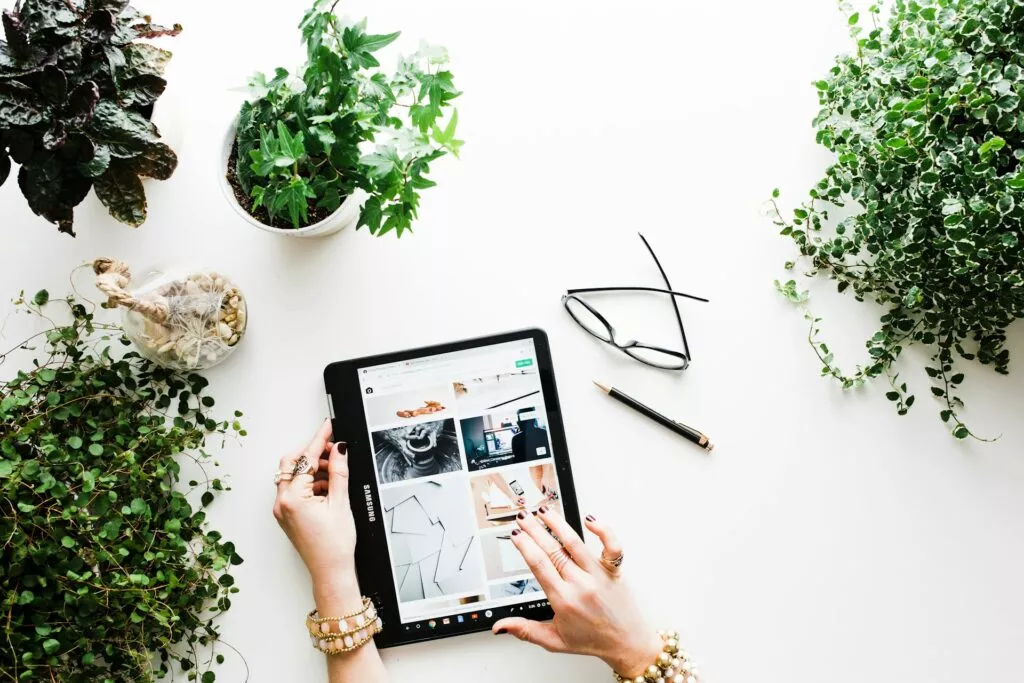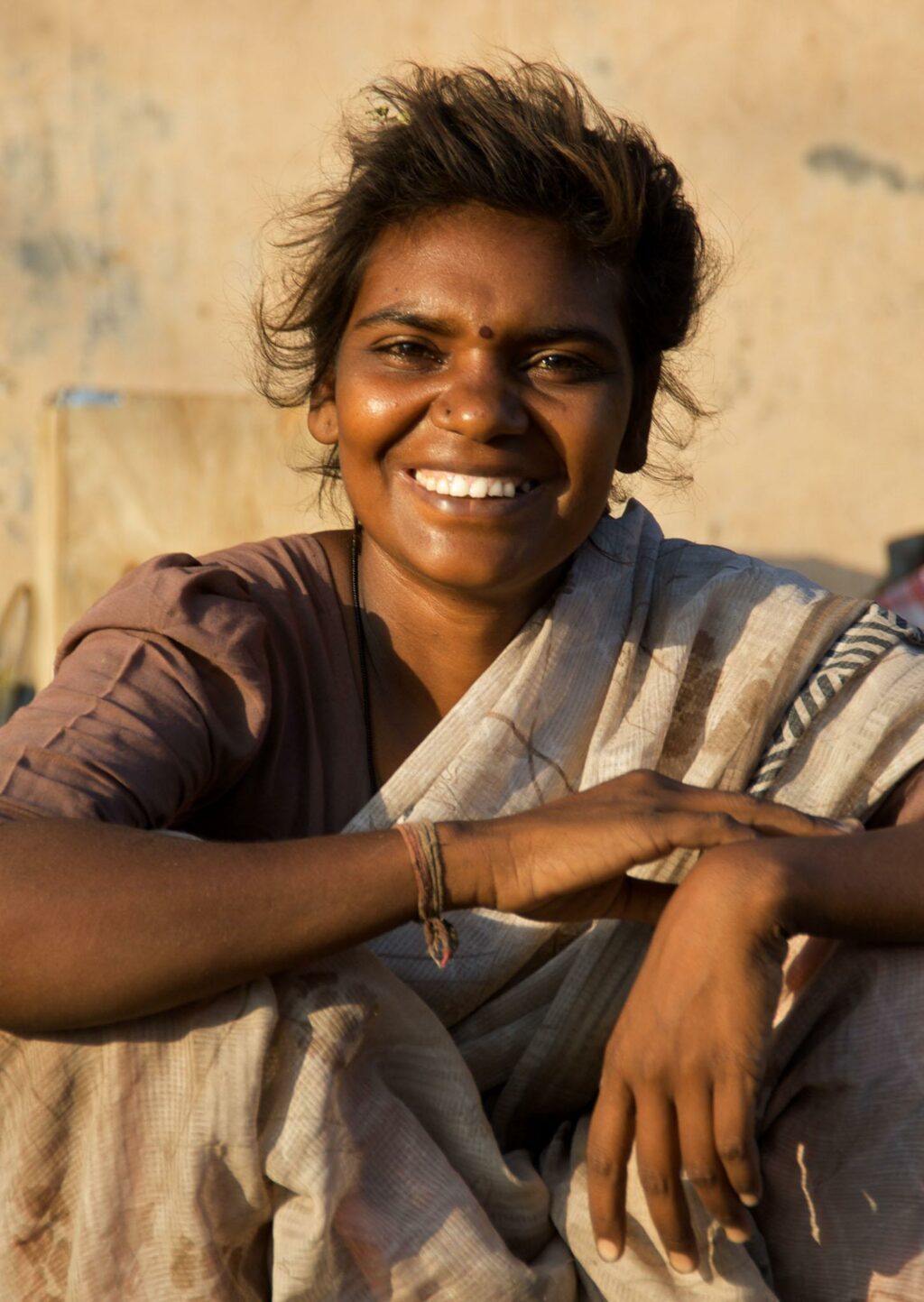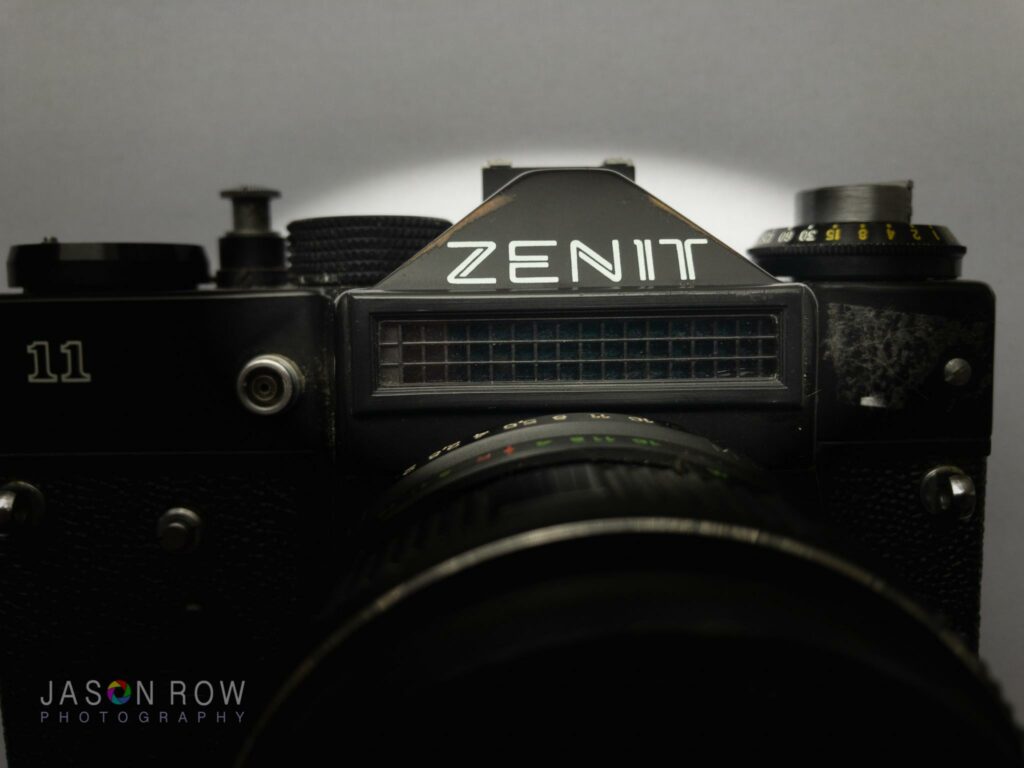I discuss film photography often, both here on Light Stalking and in real life, because I simply have a passion for it. I’m not of the mind that film is objectively better than digital — in fact, I’m quite aware of the drawbacks of film, but I will continue to choose it whenever possible for reasons I’ve explored previously.
I shoot film so often that I occasionally have to remind myself that I do have a digital camera and maybe I should pick it up and use it…just for the heck of it. Then I remember how valuable a learning tool a digital camera can be.
The Immediacy Of Digital Photography
Digital cameras are brimming with all sorts of features, most of which could hardly be deemed essential to the image-making process. As long as you can control exposure and capture/save an image (either on film or to a memory card via digital sensor), you’ve got all you need.
The most important feature of a digital camera, at least in this context, is the rear LCD screen.
While the process of preparing to take a photo is the same irrespective of what kind of camera you’re using — you take a meter reading, dial in exposure settings and press the shutter button — a digital camera gives you immediate results so that you can see exactly how well (or not) you’re navigating the process.
This instant feedback allows you to learn on the fly. You can take a look at your results, make adjustments to any given setting and try the shot again. And keep trying it as many times as you need or want to, all the while tracking every change you make and how those changes impact the shot.
With film, you have to wait to see your results. You can’t know right away whether you nailed a shot because you’ve got to finish shooting every frame on the roll and then have the film developed and scanned.
If a shot turns out to be a total disaster, you may not know what went wrong, which means you won’t know how to avoid making the same mistake. Of course, you could take notes for each shot you take, but that can impede the flow and fluidity of the creative process.
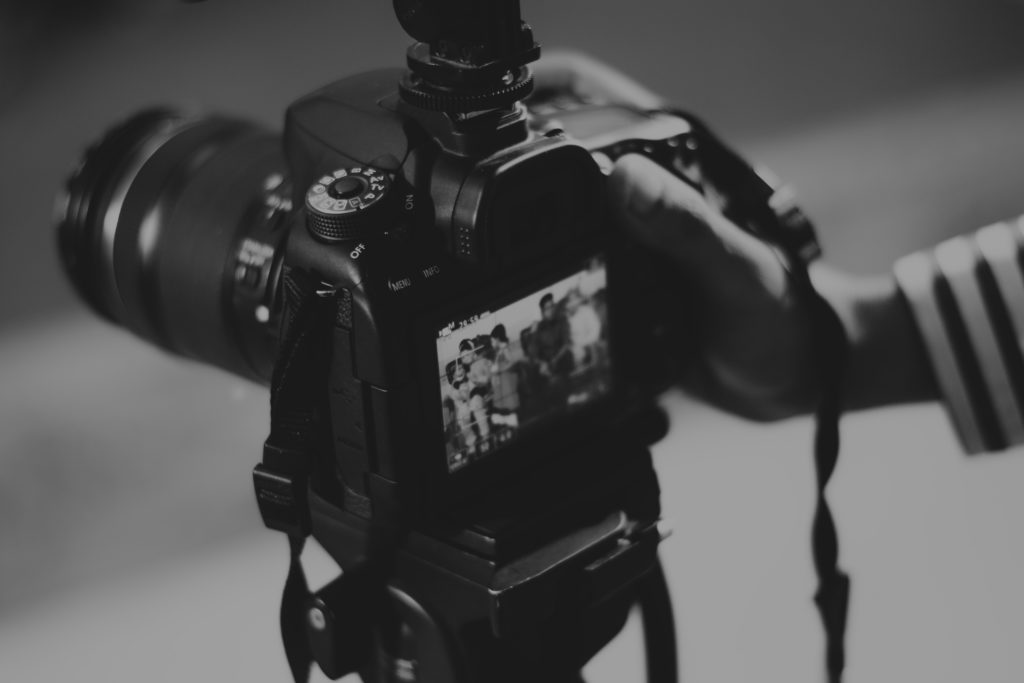
The Bottom Line On Learning Photography With A Digital Camera
The immediate feedback you get with a digital camera ultimately means that you understand the fundamentals of photography more quickly and more clearly. One of the byproducts of this accelerated learning is a desire to experiment. Experimentation, in turn, will further cement your knowledge of how to consistently capture the images that you want.
And then, if you’re anything like me, you might eventually feel the need to walk things back and go the slow, methodical, unpredictable route of shooting film.
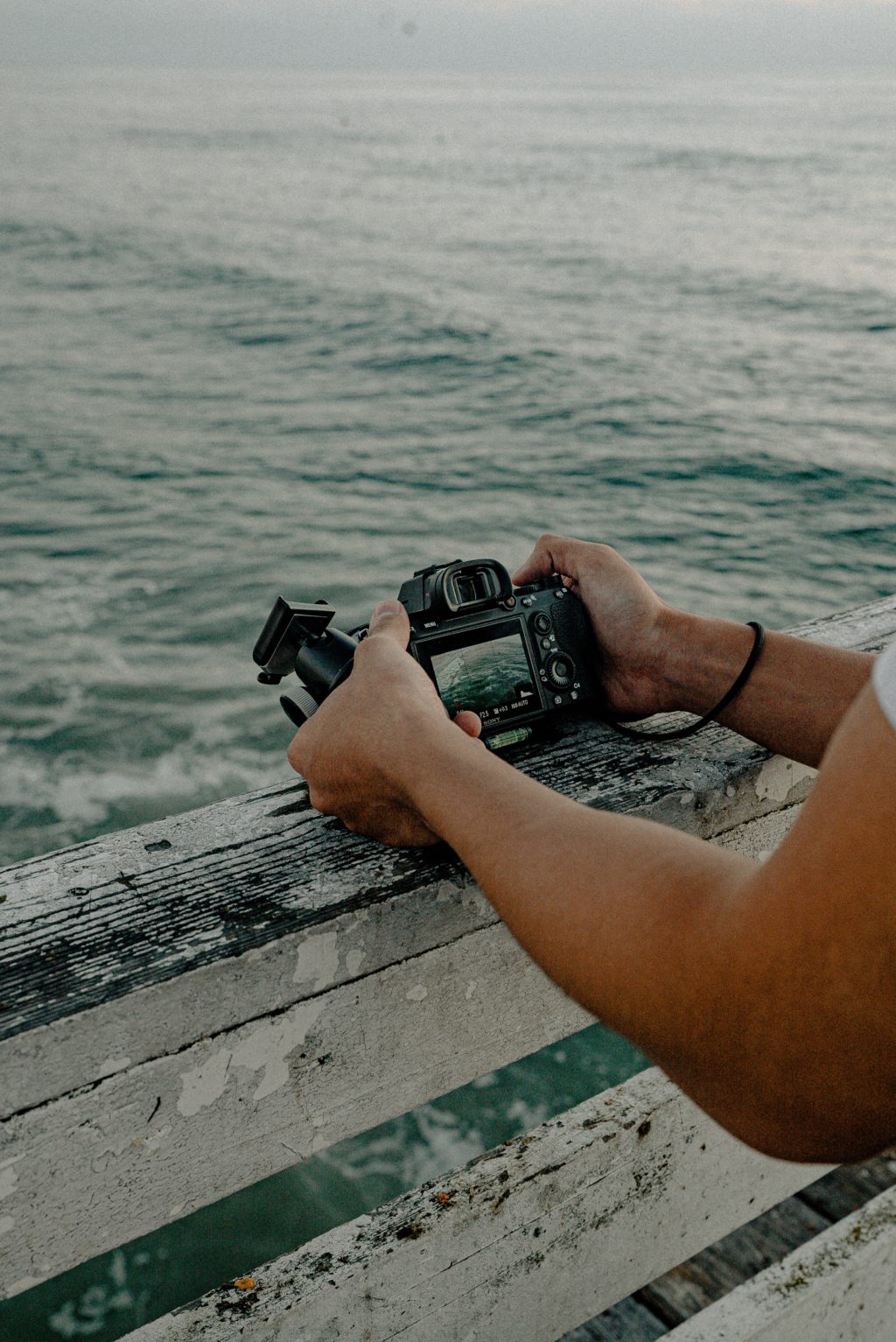
Final Thoughts
There’s no right or wrong way to learn photography. Even in the digital age, I have known photographers who started out on a film camera and continue to use a film camera. There’s certainly something to be said for keeping older processes alive in the modern world, and I think it’s safe to say that film really isn’t dead at all.
Digital is king, however, and for a number of good reasons — chief among them being the efficiency of the medium as a learning tool.

